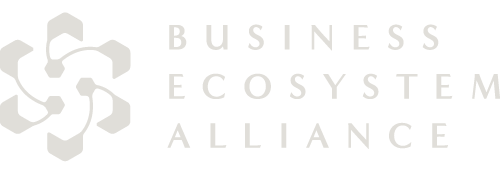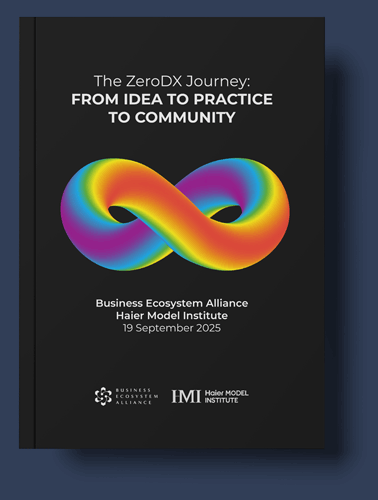
Epoch: Pioneering Self-Management in High-Tech Manufacturing
Introducing Epoch
Founded in 1993 by Foad and Ladon Ghalili, Epoch is a high-tech design and manufacturing company with a global footprint. The company operates with approximately 20 employees in California, specializing in prototype electronic manufacturing, and around 160 employees in Dalian, China, focusing on high-volume production. Epoch’s core business involves providing cutting-edge electronic manufacturing services, but what truly sets them apart is their commitment to self-management, a system they embraced during the COVID-19 pandemic. This move was not just a response to the crisis but a natural extension of their human-centric values, aiming to foster a culture of learning and growth.
The mission of Epoch is to create an environment of learning for material and spiritual growth of the employees. The organization is built on five core pillars: Excellence, Unity, Service, Learning and Diversity. Everything they do ties back to one of these cornerstones, underlying their strive towards an inclusive learning culture in service of their customers and community at large.
Through its decentralized dynamic structure, its focus on quality and the crystal ball mechanism for distribution of shared rewards, Epoch is a prime example of RenDanHeYi.
Organizational Structure and Decentralization
Epoch’s current organizational structure emphasizes fluid, customer-centric teams rather than rigid departmental silos. There are two types of teams. The first type is what we refer to as Permanent Cells, which function as autonomous units. Each cell is responsible for a specific area of work. These cells are organized into a 3 Waves Formation. Wave 1 directly interfaces with customers ensuring quick response to customer needs. Wave 2 supports Wave 1 by managing the more complex, strategic tasks that require deeper expertise such as engineering, manufacturing, quality control, logistics and other similar work areas needed to serve the customer. Wave 3 operates in the background, focusing on essential business functions such as HR, Administration, IT, Finance, and EHS, ensuring the seamless running of the company.

Complementing the wave structure are what we refer to as Continuous Improvement Cells, which are temporary teams formed to address specific challenges or opportunities. These CI cells can be initiated by Program Managers or other team members. The ease with which these CI can be initiated means Epoch as an organization can remain elastic and responsive, adapting to arising situations rapidly.
Within these cells, roles replace traditional job descriptions, allowing employees to self-select into positions that best suit their skills and interests.
Ad-hoc teams are divided into five parts:
- People accountable for overall team performance (the leader)
- “Responsibles”: topic experts
- Action-takers: specialists in specific fields or machines
- Suggestion-providers
- Information-handlers
Fixed teams work with various roles based on their specific function or specialty. They also incorporate different fixed leadership roles, including:
- Coach
- Mentor
- Facilitator
- Time taker
- Communicator
This structure not only empowers employees but also dissolves the rigid boundaries typically found in conventional corporate hierarchies.
Customer Centricity Enabled by Decentralization
The decentralized structure at Epoch directly enhances their customer service. The creation and dissolution of ad-hoc or continuous improvement (CI) cells are always driven by customer requirements, ensuring that the company remains highly responsive to changing needs. The picture below visualized the structure of the CI cells:

In the above example a PM (Program Manager) calls for formation of CI cells to address New Project Implementation. The formation of CI cells can also come into effect, when there is a quality issue, process improvement or other consultative decisions need to be made.
This level of flexibility allows Epoch to tailor their services precisely, offering bespoke solutions that meet or exceed customer expectations. By enabling teams to take ownership of customer-focused projects, Epoch ensures that decision-making is both rapid and informed, leading to higher customer satisfaction and more innovative solutions.
Internal Culture
Epoch’s culture is deeply rooted in self-management, which is evident not only in their organizational structure but also in their approach to employee development and remuneration. Before adopting self-management, all employees undergo extensive training in 'consultation,' a process that equips them with the skills needed for honest communication, transparency, and shared decision-making. This training is crucial for maintaining the effectiveness of their decentralized model.
Another practice that underlines shared accountability is their approach to remuneration. Salaries are benchmarked against both market standards and internal evaluations, with a unique profit-sharing mechanism in place. Profits are distributed based on a combination of factors: loyalty (25%), level of responsibility (25%), and peer evaluations (50%). This system, known as crystal ball distribution, encourages mature, transparent discussions among team members, further reinforcing the company’s commitment to self-management.
Conclusion
Epoch’s journey into self-management illustrates the potential for even traditional industries like manufacturing to innovate organizationally. By prioritizing human-centric values, decentralization, and customer-focused flexibility, Epoch has not only navigated challenges but has also set a new standard for progressive companies worldwide. They continue to reinvent their business model in line with the principles at the core of the RenDanHeYi management philosophy.


